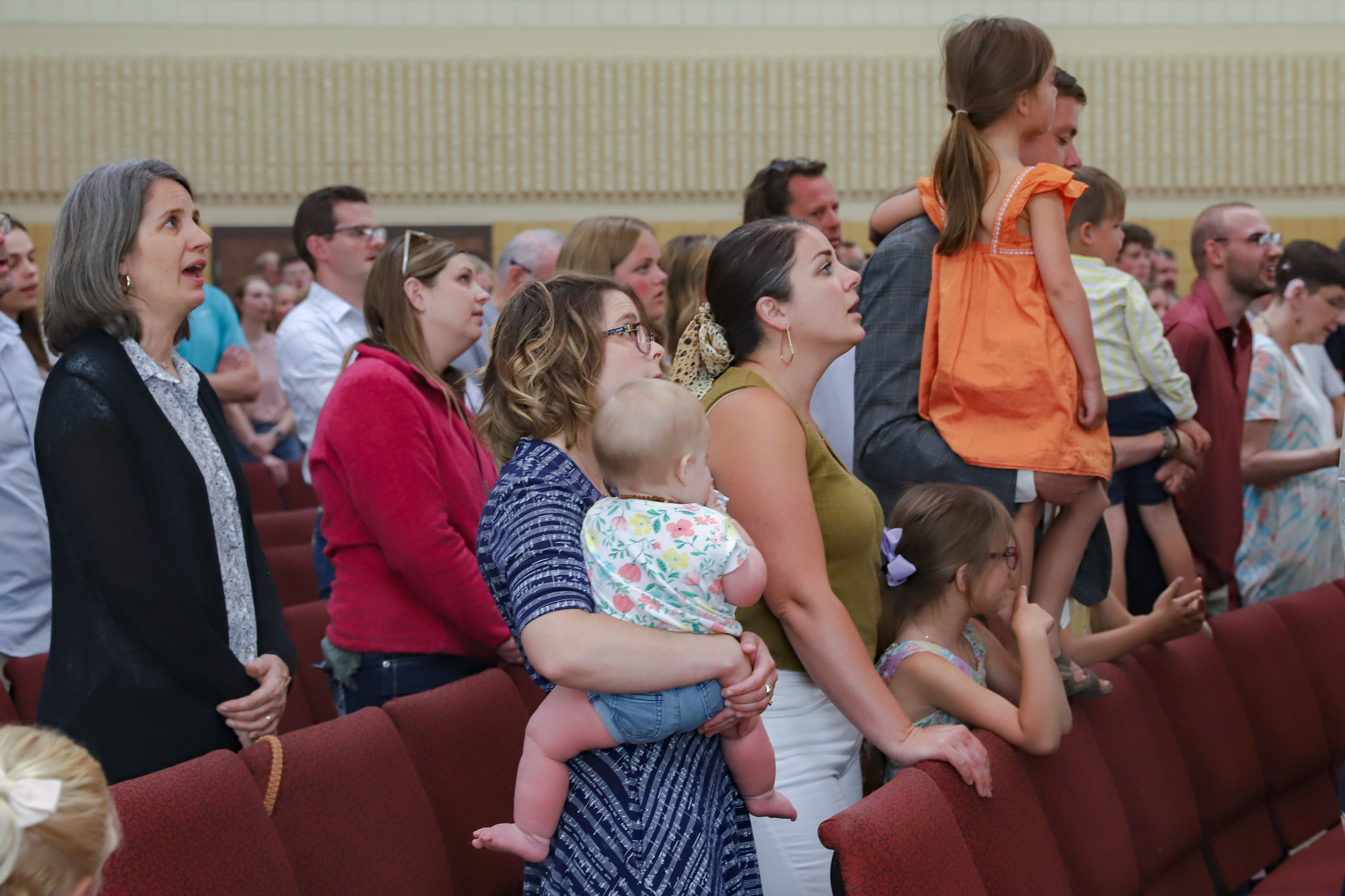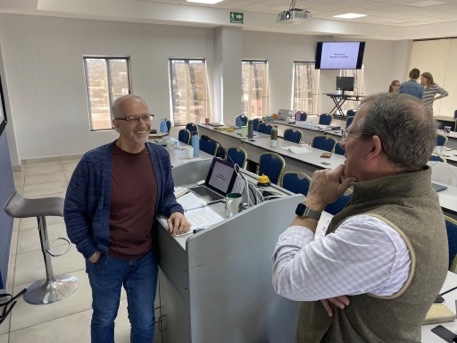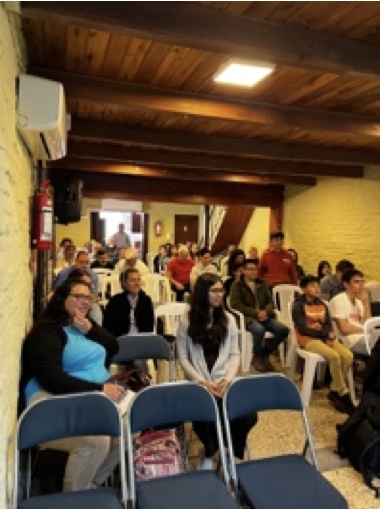Jun 24
2022
By: Adrian Crum
Category: Evangelism
In one of the most captivating stories in the Bible, a prophet is held up, not as an example of the faithful messenger and mouthpiece of God, but as one who opposed the mercy of God to sinful rebels. In Jonah 4:1-4, the prophet explains why he ran from God when told to preach to Nineveh and call them to repentance. “I knew you were a gracious God and merciful, slow to anger and abounding in steadfast love, and relenting from disaster.” Jonah was angry at God’s grace. He knew what the Ninevites had done, what they deserved. Jonah was only willing to be a preacher of condemnation. He wanted to hear justice fall on the Ninevites, but had no taste or desire for God’s mercy.













